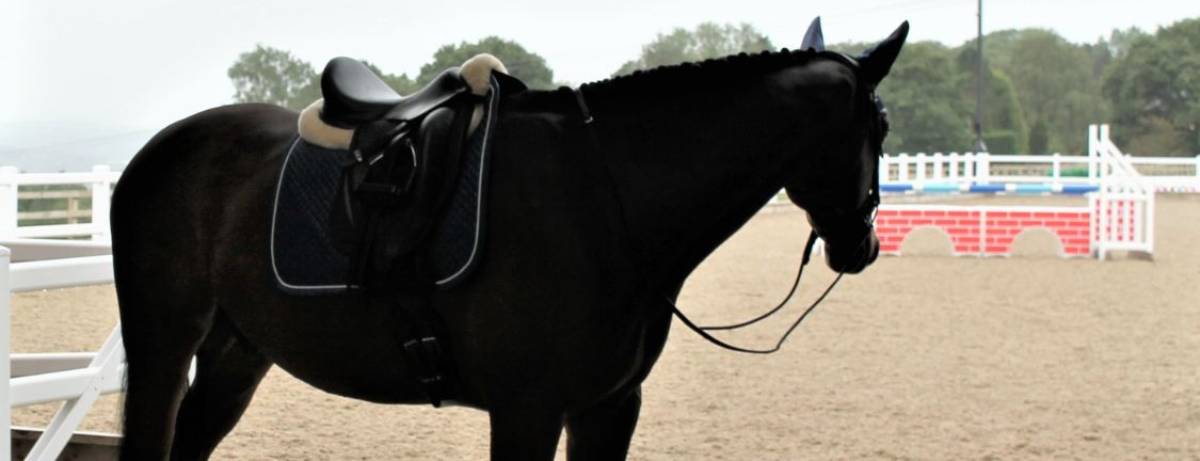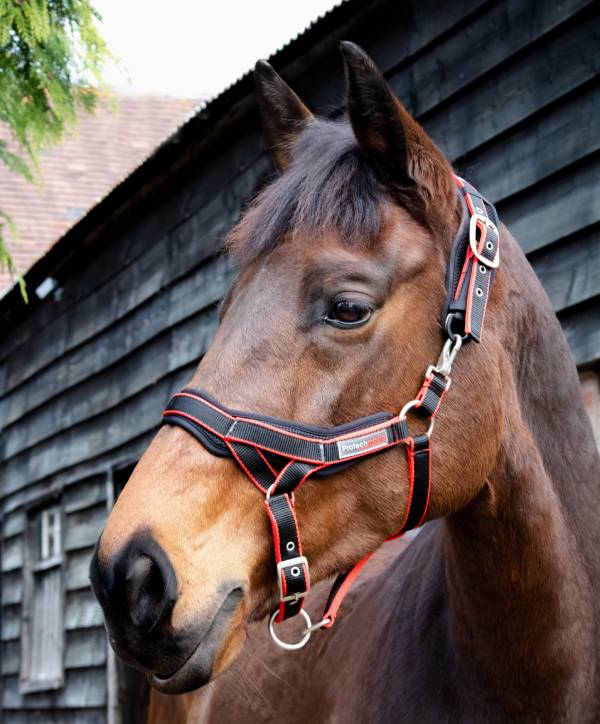
Owning and caring for a horse, or any animal for that matter, is one of the most important, fulfilling and incredible things that we as human beings can do in our lifetime. Horse ownership can induce an array of feelings and emotions- from the amazing highs of a clear round of show jumps, a personal best dressage test score or an early morning hack out in the countryside - setting you up for the day. Contrast this with the frustration, anger and lows of the moment you discover your precious pony is no longer in the field you left him in that morning or the aches and pains you feel after having an unexpected dismount. But all these things pale into insignificance when we, as an owner, are faced with having to make the ultimate decision to have our precious and much-loved companion put to sleep.
Equine Vet Brian Reed discusses how, as horse owners, we know when the time is right to say goodbye to our best friends.
How to know when the time is right to say goodbye to your horse
Euthanasia, as its also known, is an incredibly emotive issue and is a decision that should not be taken lightly. It is, however, a decision that is often faced by many horse owners in quite unexpected circumstances. The sudden onset of a catastrophic injury or a rapidly progressive health condition that will result in the untimely demise of your horse is a terrible situation to find yourself in, and having to make the ultimate decision without any real chance to come to terms with the gravity of the situation is very distressing. But in reality, is the thought of making the decision to end your beloved horse or pony’s life "on your terms", any easier?
This is obviously a very personal question with no real correct answer. It is unique and individual to the owner concerned. I am often asked "is it the right time to let him go" or "are we being fair to her to carry on"- these are difficult questions to answer.

A vet’s perspective on euthanasia
My feeling is that if a clinical marker or medical test exists that can definitively demonstrate that a life-limiting deterioration is occurring then that, for some people, is enough guidance and helps them to be able to make their way through the moral maze of thought processes to end up at the correct decision for them.
The other commonly encountered scenario is the old horse heading into winter, the arthritic horse who struggles to get up or the pony who suffers from annual bouts of laminitis resulting in him never being able to enjoy the tasty spring or summer grass due to prolonged periods of box rest. These are, I find, much harder decisions. I will discuss the phrase "quality of life" with my clients- this is obviously not a universal scale and again is open to interpretation.
The development of modern anti-inflammatory drugs/supplements for orthopaedic disease, advances in geriatric dental care techniques and new therapeutics for endocrine/metabolic disease all result in the prolonging of active life in our older equine population. We as vets can really only guide and be a sounding block in these cases as to when the end is near.
What to expect on the day
I think that being asked by a client to be the one to perform the final act is a massive and significant honour - one that is never underestimated by vets.
I think it is good practice for the vet to discuss the process with all concerned connections prior to the day. Covering things from the time and location to what to expect during the process, who wants to be present and what provisions have been made for the horse after the process is complete. These are all much better dealt with before the day arrives when emotions are running high.
Some veterinary practices also provide support for bereaved owners after the event. This can range from a handwritten condolence card, a phone call to check you are ok or a bereavement pack which can offer advice and tips on coping with the loss of a loved companion.
In summary, this is an emotive and personal subject which will affect different people in different ways. What's right for one person won't necessarily suit another. I think talking through your concerns and worries about your horses' condition(s) with friends, family and your vet are vital in helping you reach a correct and considered decision.
Brian Reed BVMS CertEP MRCVS, Clinical Director - Rainbow Equine Hospital
All about Brian Reed
Brian was brought up in the Scottish Borders in a family with a strong veterinary background - he is the 4th generation to take up the profession. He graduated from Glasgow University Veterinary School in 2003 and after a brief spell working for his father’s practice, he moved to a large farm animal and equine practice on Teeside.
Brian moved to Rainbow Equine in 2008 to pursue his passion for equine practice, specifically reproduction, lameness investigation and pre-purchase examinations. Brian gained the RCVS certificate in equine practice in 2010 and became a Director of Rainbow Equine Hospital in 2015. Brian is an FEI Permitted Treating Vet and has provided veterinary services at many national and international Eventing and Dressage competitions. He is also an Official Veterinarian (OV), enabling him to perform equine export examinations and certification.
Brian leads the breeding services at Rainbow and enjoys working with performance horses. Rainbow Equine Hospital is the largest fully-equipped RCVS Tier 3 Equine Referral Hospital in the Northeast of England. Rainbow offers advanced diagnostic and surgical techniques in state-of-the-art facilities and is staffed with progressive specialists in equine soft-tissue and orthopaedic surgery, internal medicine, and diagnostic imaging.
